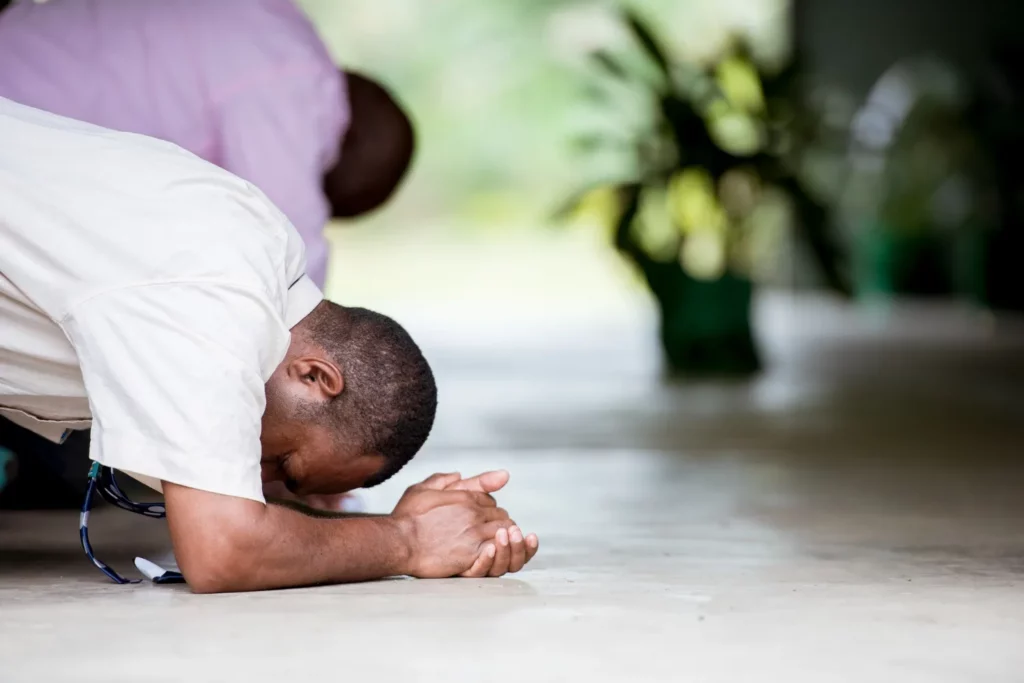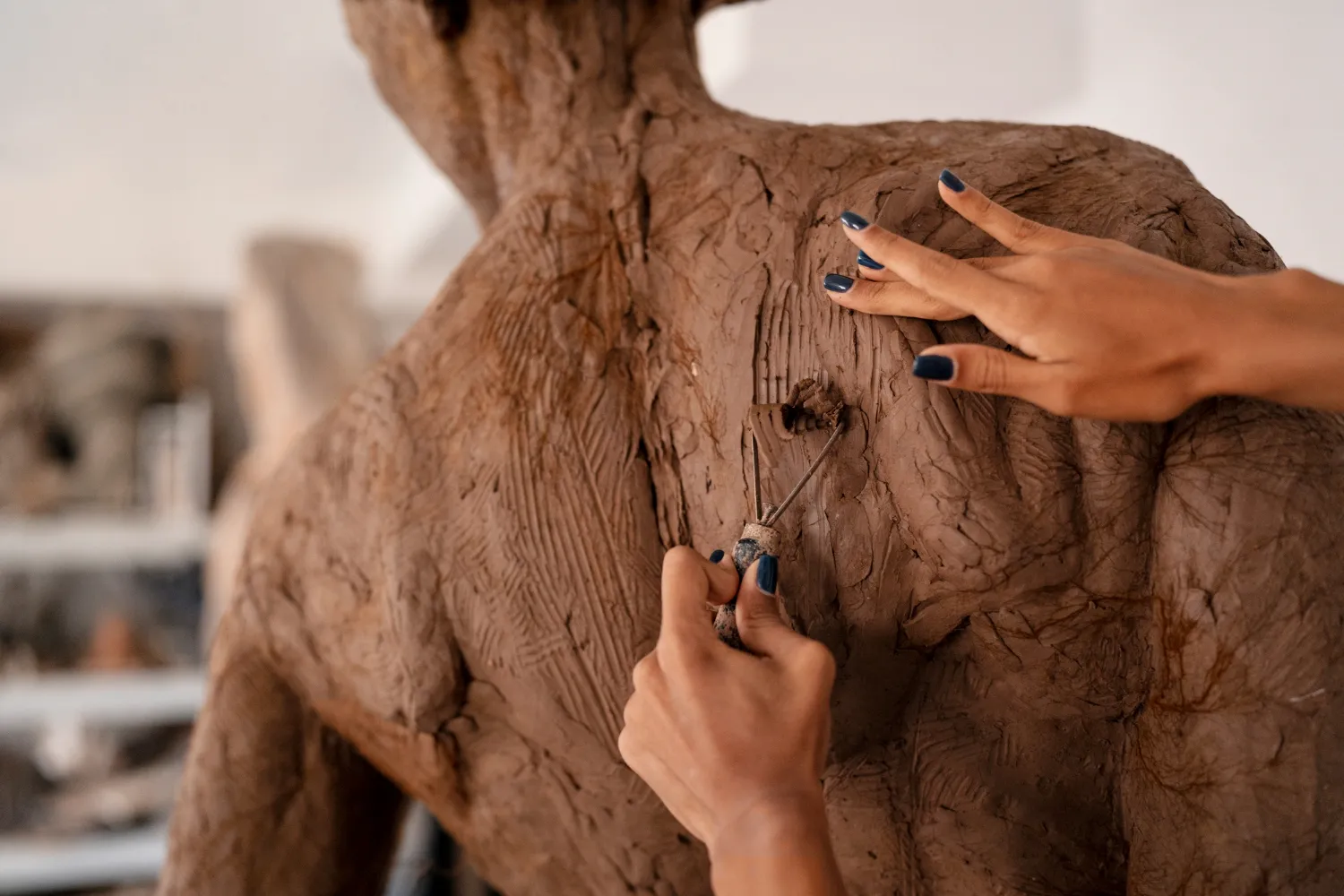The Spiritual Journey of Forgiveness in Addiction Recovery

“Forgiveness is the fragrance that the violet sheds on the heel that has crushed it.”
Mark Twain
Forgiveness is one of the hardest yet most rewarding aspects of addiction recovery and mental health management. It requires immense courage, patience, and grace—not just toward others but also toward yourself. My journey, two and a half years post-rehab, has shown me how forgiveness heals wounds and strengthens resolve, even in the face of rejection or misunderstanding.
Today, I want to explore forgiveness through three critical dimensions:
1. Seeking forgiveness and making amends with those we’ve harmed.
2. Forgiving ourselves for the pain we’ve caused others.
3. Releasing resentment and forgiving those who have hurt us, even when they don’t acknowledge it.
Drawing on my personal story, the 12 Steps of recovery, and perspectives from faith, I hope this reflection inspires you to embrace forgiveness as a pathway to impactful healing.
Personal Reflections
Steps 8 and 9 of the 12 Steps AA Process. “Where Forgiveness in Recovery Begins”
When I began my recovery journey, Steps 8 and 9 of the 12-Step program—making a list of those I had harmed and seeking amends—were both humbling and empowering. These steps force me to confront the consequences of my addiction on others, but also to recognize that I couldn’t control how they responded.
Self-forgiveness. “The Mountain I must Climb.”
Forgiving myself has been even harder. The guilt of broken trust, hurt relationships, and lost opportunities haunted me. But through therapy, prayer, and meditation, I’ve learned that holding onto shame hinders recovery. Forgiving myself isn’t excusing my actions; it’s acknowledging that I’m committed to doing better.
Forgiving others. “Mountain Due.”
Finally, forgiving those who hurt me—especially those who’ve never apologized—has been the most spiritual act of all. It’s about freeing myself from the chains of resentment, which only pull me back into the darkness I’ve fought so hard to leave behind.
Statistics: Global vs. Local Perspectives
Globally, studies show that unresolved anger or guilt increases the likelihood of relapse by over 40%. Forgiveness, on the other hand, improves emotional well-being and resilience in recovery.
In Africa, addiction recovery often carries a stigma, leaving individuals isolated and judged. Local surveys highlight that family support—or the lack of it—is a decisive factor in successful recovery. This makes forgiveness within families and communities a cornerstone for healing.
Resources for Forgiveness
• Book: The Book of Forgiving by Desmond Tutu and Mpho Tutu
• TED Talk: “The Real Risk of Forgiveness and why it’s Worth it” by Sarah Montana
• Podcast: The Forgiveness Project Podcast
Call to Action
To those in recovery: seek forgiveness and make amends where possible, but also be patient with yourself and others. Most importantly, forgive yourself.
To those hurt by someone in addiction: your forgiveness can be the light they need to move forward. Check out this linked video link which better illustrates this point.
Conclusion
Forgiveness is a multi-layered, deeply spiritual process. Whether you believe in a higher power or not, practice faith, or rely on meditation and therapy, forgiveness is key to unlocking peace.
Forgiveness isn’t easy, but it is transformative. It allows us to let go of pain and create space for healing. Begin the journey today—for yourself, and for those around you. Good luck.









